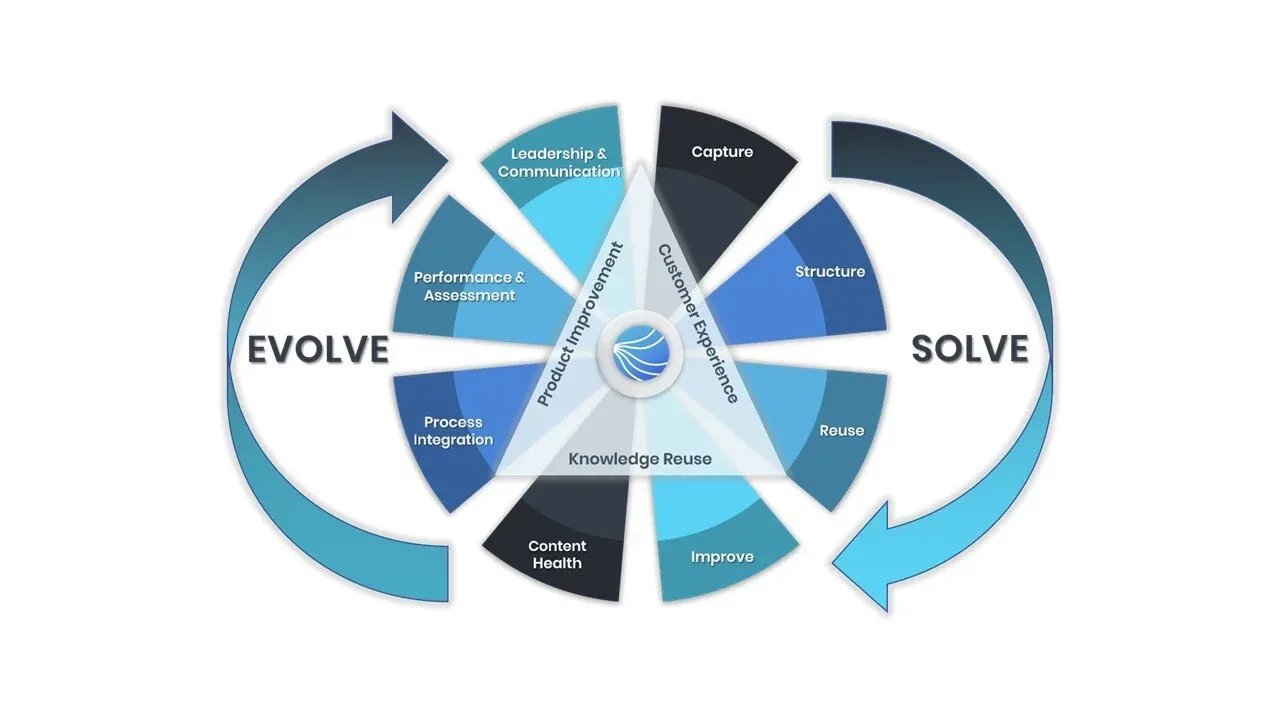Success factors in the implementation of knowledge-centered services in corporate enterprises

In today's fast-paced business world, it is essential for companies to support customers effectively and make knowledge available in a timely manner.effectively and make knowledge available in a timely manner. The methodologyKnowledge-Centered Service (KCS) offers an efficient and effective solution to these challenges.The introduction and implementation of KCS seems simple at first glance, but success is not guaranteed. It depends on a number of success factors. ExistingBest practices for implementing KCS do not provide a consistent overview of theexpected benefits and success factors to consider. Since the methodology has beenlittle scientific research has been done on the methodology, companies lack guidance on how to for successful implementation. A lack of consideration of the success factors factors can lead to the failure of the implementation and waste valuable company resources are wasted.
Through the examination of existing literature and the addition of case studies and practical experience, 8 advantages of, and 27 success factors for the implementation of KCS in large companies were identified. These findings serve as recommendations and guidance for companies like Swisscom that want to implement KCS for their KM. First, it was observed that KCS implementation offers various benefits, mainly especially in terms of cost reduction and service quality improvement. KCS also makes it possible to challenges such as knowledge loss and difficulties in knowledge externalization, and externalization and at the same time increase customer and employee satisfaction. Second, the success factors could be divided and prioritized into four main categories.The most important factors were the support management level, the formation of a CoE and the implementation of a pilot project as the most critical success factors. In addition, numerous success factors were found to be directly related to a corporate culture that promotes the sharing and supports the sharing and active capture of knowledge in interactions. It became clear about the goals they are pursuing with the introduction of KCS and where the the introduction of KCS and which success factors still need to be addressed. In Swisscom's case, in addition to the three critical success factors mentioned above, these also included investment in education and training, the performance of the KMS, clear metrics for measuring performance, faster publication of knowledge and and the promotion of measures that serve as an incentive and motivation for the use of themotivation to apply KCS practices.